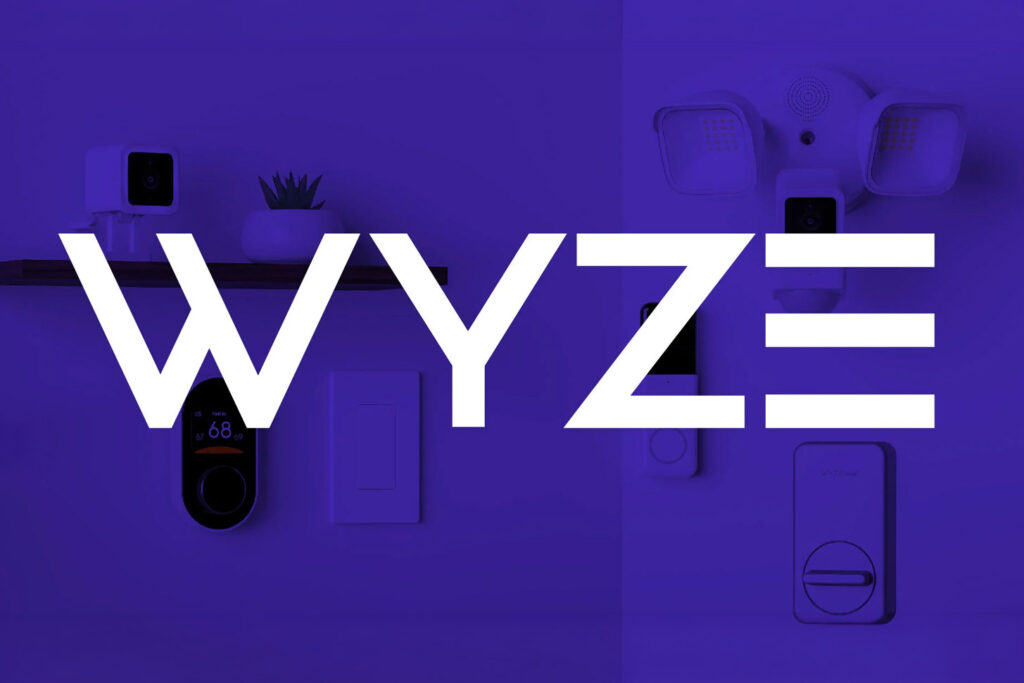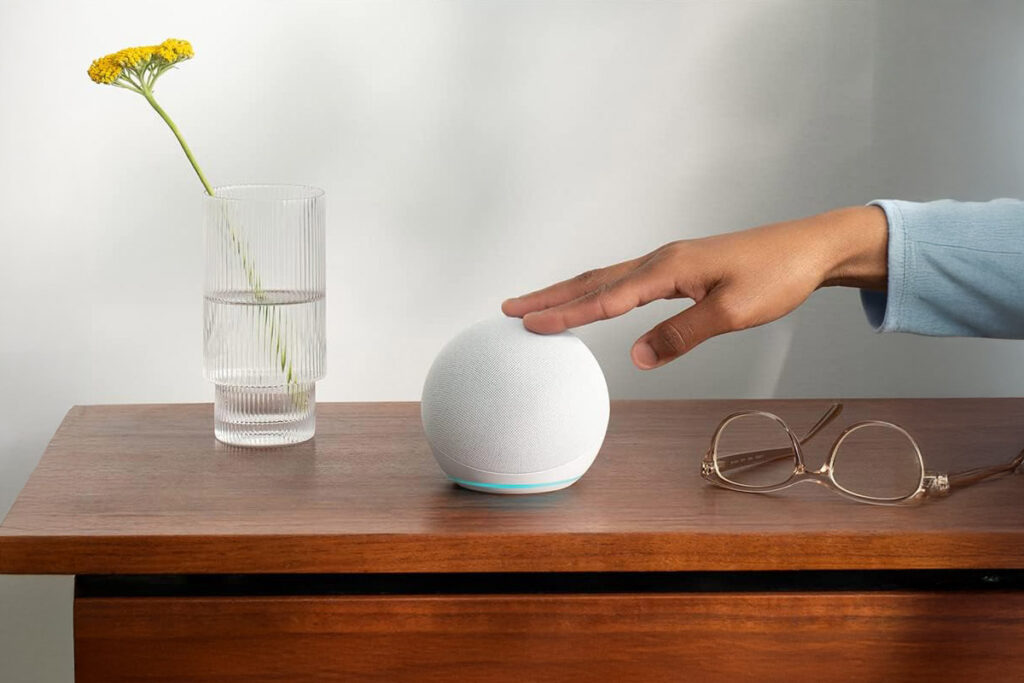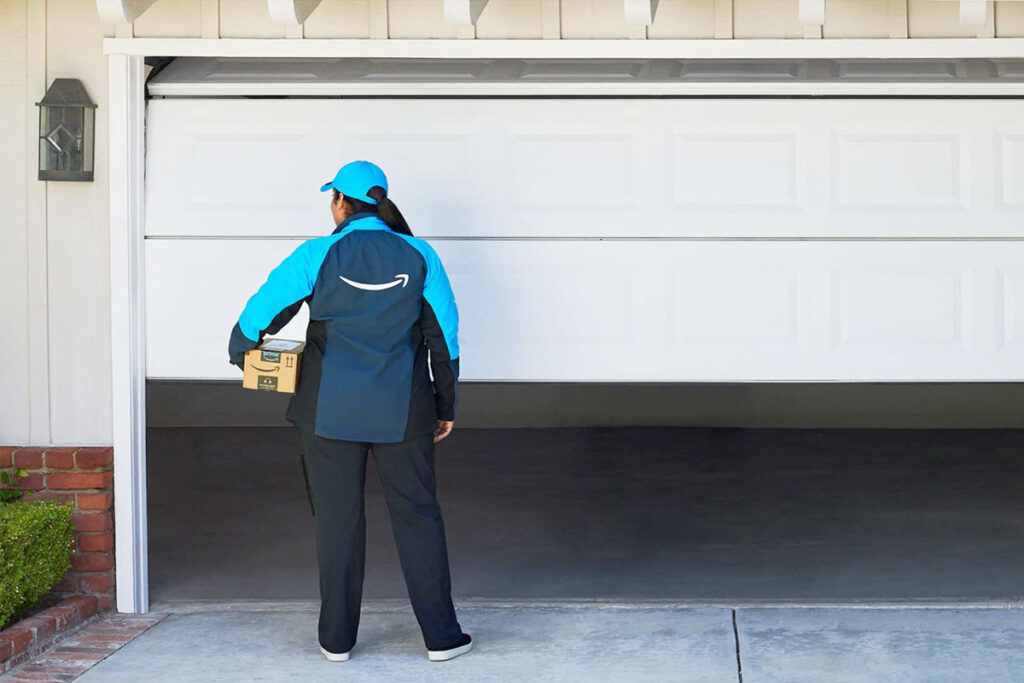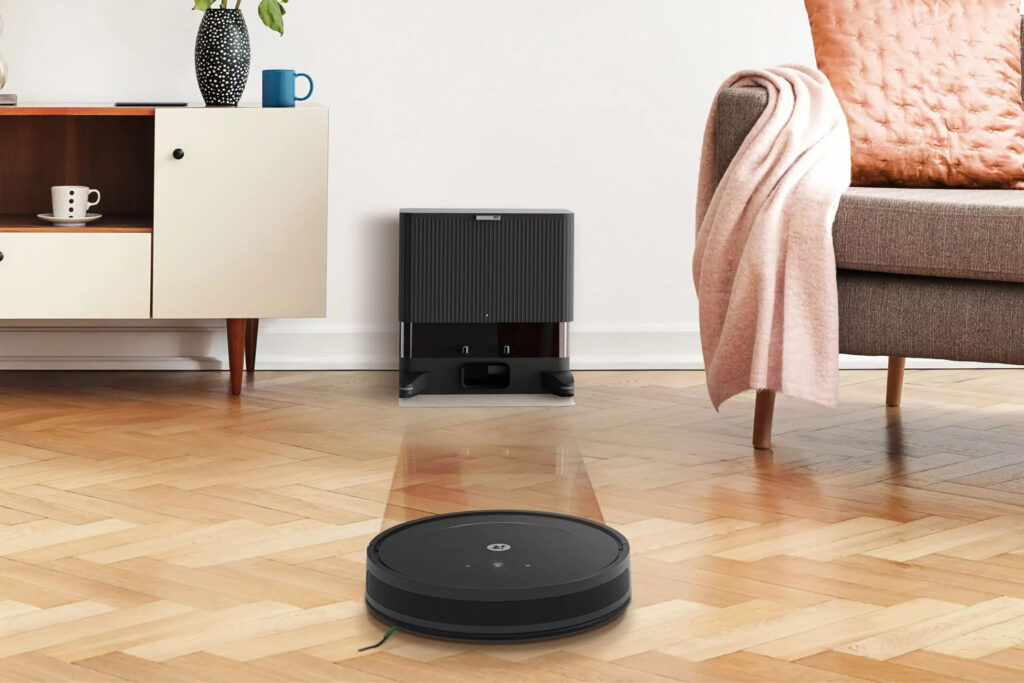A lot of smart locks happily advertise that they can be easily installed as they are fully compatible with cylinder-type deadbolts. Whilst a lot of Americans doors use these type of door lock, its increasingly common to see multipoint locks used instead. Can these be used with smart locks, then, or are multipoint locks incompatible?
There are thankfully a range of good quality smart locks that work with multipoint locks – including the Yale Conexis L1 and other smart locks from Avia and Netatmo.
A Recap Of How Smart Locks Work
A smart lock either replaces your existing door lock/handle, or sits ‘on top' of it and turns the door lock as needed.
The smart lock will support Bluetooth, WiFi, GPS (location) and sometimes other technologies (such as geofencing/iBeacons), and it'll use these to scan and see whether you're returning home.
It'll do this by having two main ‘zones' around your house (known as geofences): one that is very near your house, and another which is around your immediate neighborhood:

This means that when you go into the ‘neighborhood zone' at 100m/328ft, your smart lock's phone app will start doing more detection on your exact location.
When you then get to within 10m/33ft, it'll start going into ‘active' mode and trying to talk to your smart lock using Bluetooth and WiFi (which are shorter range technologies, and hence can be used to track that you're walking towards your front door).
Once you're right by your front door, the smart lock and the phone app will ‘agree' this fact, and unlock the door for you. This is called ‘auto-unlock' and it's a really convenient feature.
Obviously the way that a smart lock unlocks the door will vary depending on the type of lock you have, i.e. a single-cylinder deadbolt smart lock just needs to turn the single cylinder, whereas a multipoint door lock is more involved because various levers and latches need to be moved up/down before the lock cylinder can be unlocked.
Multipoint Door Locks
A multipoint door lock has a lot more parts to it (literally) than a standard deadbolt lock: they have a range of levers and locks running up the side of the door. When you want to lock the door, you must pull the door handle upwards to engage these levers and locks:


A multipoint door lock is one of the more secure types of lock, and they're now fairly standard in the UK and are growing in popularity in other countries too.
The downside is that they are more complex to install and maintain, and replacing the whole locking strip can be expensive. The other – more relevant – downside is that since these locks aren't as common worldwide, there aren't as many smart lock products that support them. Fortunately, though, there are some.
How Smart Locks For Multipoint Doors Work
As explored above, the main way that a multipoint door lock works is:
- To lock the door, pull up the door handle to engage the various levers and locks in the door strip.
- Put a key into the lock, and turn it to lock the door.
So there's two main parts to it: the fact that the door strip needs to be engaged (via the door handle), and the fact that there's still a lock cylinder which needs to be locked/unlocked as required.
Hence a smart lock for multipoint doors can either replace the whole lock and door handle, such as the Yale Conexis L1:

Or it can provide just the lock cylinder part, but in a way that it'll engage the multipoint locking strip when it locks/unlocks, such as the Netatmo Smart Door Lock:

Neither approach is cheaper or more expensive than the other. Indeed, the Netatmo is around twice the price of the Yale Conexis L1, even though you get more hardware with Yale's product.
So you mainly have to decide which you would prefer to install and look at each day. Both approaches are similar difficulty to install, but the looks are definitely different: the smart handle approach means that more of the smart electrics can be hidden inside each handle, and so the end product isn't big and bulky.
Warning: Most smart multipoint door locks still require you to physically pull the handle up/down before the smart mechanism can lock or unlock the door. This is because the smart lock often can't exert the required force to arm each point along the multipoint strip. This does mean that smart multipoint locks aren't as useful as general smart locks (for other door lock types).
Whereas the Netatmo (and Nuki smart locks) approach ends up having a big ball/cylinder at one end, which houses the smart electrics and the mechanism that will ultimately engage the multipoint lock.
I personally prefer Yale's approach since it's sleeker and looks less like a “smart add-on” to an existing device, but it's genuine preference: some people prefer something that stands out and says ‘yes, I'm a smart device'.
Are Smart Multipoint Door Locks More Secure?
In general, smart multipoint locks are the most secure approach you can have, yes: you have all the benefits of the already-secure multipoint door lock design, whilst also going away from depending on keys which can be stolen or lost.
Multipoint locks are better than single-cylinder deadbolts because they provide secure levers and latches all up the door frame, leading to a more secure door. If someone wanted to break into your house with a deadbolt style lock, there is a single point of failure: break the lock, and the whole door will open. This compares to a multipoint lock which would require 4-5 (or sometimes more) different parts of the locking mechanism to be broken down.
Secondly, a smart lock is generally more secure than a traditional lock because a ‘dumb' lock relies in you using a key, but anyone with that key – or a copy of it – can enter your home. So if your key is stolen or copied, that other person can now enter your house. The same isn't true with a smart lock.
Yes you could lose your phone (containing your smart lock app), but entry can be quickly reset over the internet – see August's simple reset instructions for an example of how to do this with an August smart lock.
In other words, if your door already has a multipoint door lock, moving to a compatible smart lock is a good move because of all the added convenience the smart functionality introduces, without decreasing the security of your house.
Recommended Smart Locks For Multipoint Doors
I've already mentioned a few smart locks which are compatible with multipoint doors, although I wanted to recap them here. Since multipoint doors are mainly adopted in Europe right now, some of the products below are only available to buy in Europe.
Yale Conexis L1 Multipoint Smart Lock
Yale are one of the oldest and well-known lock makers in the world, with 180 years of experience. They broke into the smart home sector just over 5 years ago, with a range of nice and well-built products. Their Conexis L1 smart lock replaces your entire door lock and handle, and it currently retails for around $199:

You can also purchase a z-wave module for $44 which will allow further integration with your smart home hub.
Netatmo Smart Door Lock
The Netatmo lock works with both single and multi-point locking cylinders, and it replaces just the lock:

The lock comes with really fancy looking keys that use NFC (near field communication) to provide a high-tech key-based option – in addition to the usual smartphone app based unlocking. It is expected to be quite expensive, more than twice the price of the Yale Conexis.
The Ultion Smart Lock
The Ultion Smart Lock is another great option to consider. Like the Yale Conexis L1 lock, it replaces the handle as we well as the lock cylinder itself:

This has all the usual features that you would expect (unlock on approach, auto-lock, giving temporary access to guests), and it can also be configured with HomeKit – which is a neat option for Apple fans.
Origin Smart, by Blusafe
A British firm called Bluesafe released their Origin Smart smart lock in late 2021, and TechAdvisor have gave it a fairly good review with an 8/10 score. It has fingerprint unlock support, although extra Wi-Fi support (allowing app control when you're away from your home) costs more:
Their website also makes clear that they work well with multipoint locks, saying:
Origin Smart only works with lift lever multipoint locks… Origin Smart is designed to work with 92mm multipoint locks, which are the most common on the market.
Blusafe website, accessed June 2022
Avia Smart Lock Ultra Smart
A final option to consider is Avia's smart lock ultra smart, which is similar to the Yale Conexis in that it replaces the whole door handle and cylinder with its own smart handle/lock.
It has good integration with Apple's HomeKit and it also supports Bluetooth 5 for longer range and communication than Bluetooth 4 and LE tends to offer.
You can customize it quite a lot when buying it, and the order process asks you various measurements so Avia know that they'll deliver you a smart lock that works with your specific door.
You also get a smart key fob which looks like something you have with a fancy car, and the option to buy more.
Overall it's not cheap but it comes with a wide range of options and lots of Apple integration which Apple fans should fine useful.
Related reading:





